
On social media, in honor of the holiday season, CURE® recently asked its readers to share some of the best gifts they either given or received during their cancer treatment.

On social media, in honor of the holiday season, CURE® recently asked its readers to share some of the best gifts they either given or received during their cancer treatment.
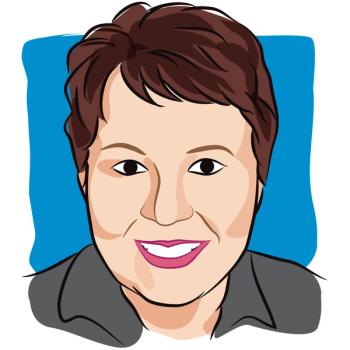
A recent visit to the doctor helped to put into perspective the concerns I have for the new year and COVID-19, especially for those struggling with breast cancer and its ramifications.

Holding onto the anger that a cancer diagnosis provides can be a ruinous exercise, here's how one cancer fighter tries not to look back at his cancer with anger.

How surviving cancer reignited my latent eating disorder, and how I handle and look at that struggle now.
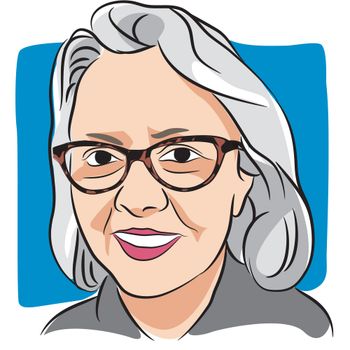
Cancer is something that impacts the entire family and changes how you and your own family may approach the holidays. Here are 5 tips for families with cancer to use during the holiday season.

The holidays are different this year for everyone, but for patients with cancer and cancer survivors, the holidays in 2020 are a unique challenge that presents difficult thoughts to contemplate.
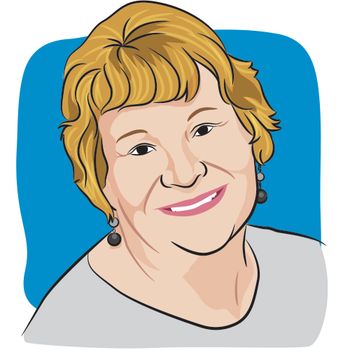
A cancer survivor shares some ways she coped when confronted with her cancer diagnosis.

Adjusting to the unique holiday season amid the COVID-19 pandemic, all while going through treatment for cancer requires extra kindness and willingness to change some habits. Here are 4 tips to do just that.

Anxiety is a natural part of the cancer journey, but if it isn't addressed then it can become a major challenge to treatment and recovery.
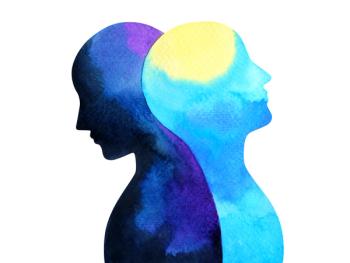
By 2040, experts predict there will be more than 26 million cancer survivors in America. Based on findings from several studies, these survivors can expect to spend large portions of their lives managing the disease’s effect on their physical and mental well-being.
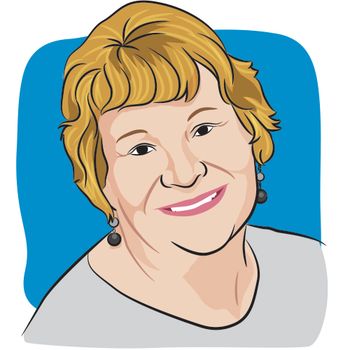
A cancer survivor talks about how to cut yourself some slack during these eventful and troubled times.
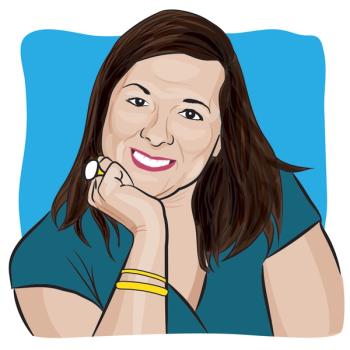
When we get cancer all the attention is focused on us, but the demands of caregiving can leave behind family and loved ones that need attention as well. Especially our children.

COVID-19 has upended how cancer survivors can interact with each other, but through a virtual party and some art therapy, one survivor details the new ways of finding community.

Cancer is often characterized by agonizing months of treatment and a dismal outlook, but sometimes the lighter side can find its way through.

Finding ways to manage the stress and anxiety of cancer can be a challenge when the disease is ever-present, but activities like baking can distract you just long enough to handle that stress and make a tasty treat.

A two-time cancer survivor looks back at her cancer journey and offers 4 tips for a first-time patient with cancer.

In the midst of the COVID-19 pandemic, one personalized mask helped this cancer survivor forge ahead through the challenges of quarantine, and the challenges ahead.

When we talk about cancer with our loved ones, we can forget the different experiences shared and leave our issues unresolved. But that doesn’t mean it’s time to stop communicating.

Communication is key for any relationship, particularly for the changing relationship patients with cancer may have with their family. Here are tips from a cancer survivor on how to navigate this change.

After cancer took her husband away, one caregiver discusses the importance of celebrating the important dates and milestones. Even after they're gone.

Hope is a potent ally for the patient with cancer, and it is a response that helps inform a patient's journey with cancer.

One cancer survivor details her winding treatment journey, and how by making herself a deal found the faith to keep moving forward.

A cancer survivor compares our collective cancer journey to the season of autumn.

After a cancer diagnosis, it’s hard to find what “normal” means, but by looking at the answers to the basic goals you want to achieve you can find the “normal” that works best for you.
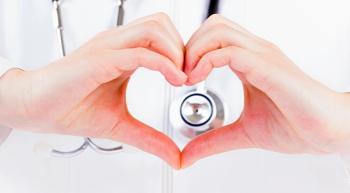
On social media, CURE® recently asked its readers to share the most important lesson cancer taught them.

A cancer survivor explains why those of us who face cancer and now COVID-19 feel the way we do when confronting an ongoing crisis.

Self-reliance can be a challenge after a long cancer journey but taking on even small steps can make a major difference in moving forward.
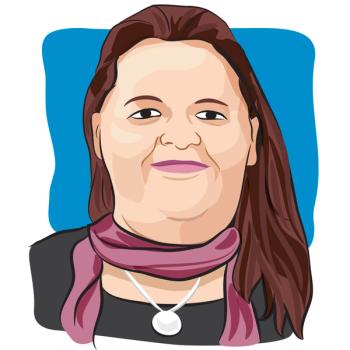
When going through cancer, you are often waiting for more bad news to come because it comes far more often than good news does. It is hard to let your guard down and recognize that while that was life during cancer, that is not your life anymore.

One to three percent of survivors develop a second cancer different from the originally treated cancer. The level of risk is small, and greater numbers of survivors are living longer due to improvements in treatment. However, even thinking about the possibility of having a second cancer can be stressful.

Please, look for advice and resources that do not further complicate or adversely affect your own efforts to cope, but rather offers a path for you to do the best for your kids but still focus on all the aspects of you and your whole family living with cancer.